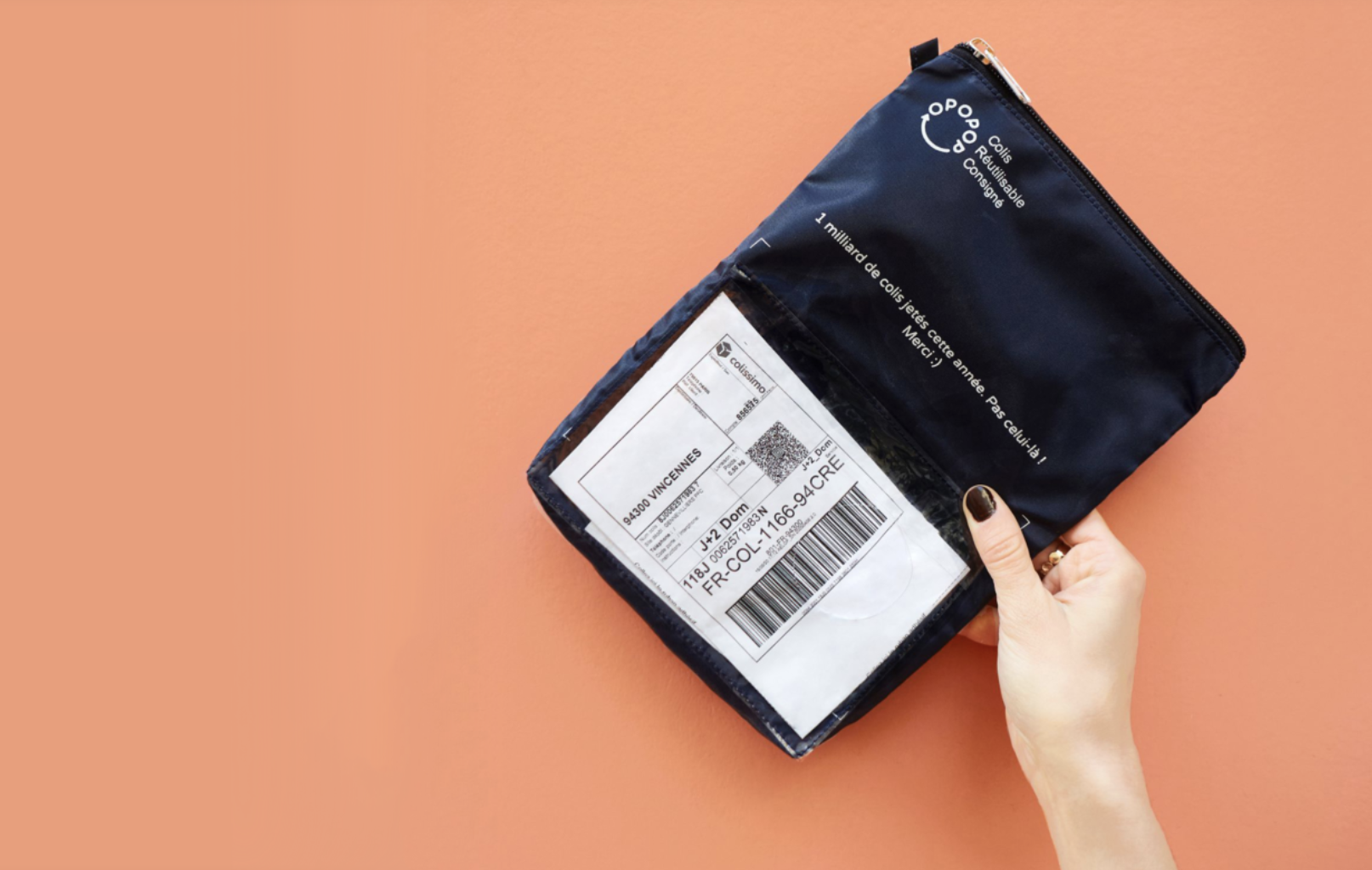
For too long, the idea of progress and development has existed in opposition to conservation and protection of the natural world, which were often seen as roadblocks to economically thriving societies. Our long-time measure of a nation’s prosperity and “standard of living”, GDP, fails to take into account our depreciating natural resources, not to mention climate change and its associated costs to our health and our planet. The idea was: the more goods we produced, the better the economy—regardless of the damage these goods caused in the long run.
It is this line of thinking that still prohibits certain actors from seeing the true potential of reuse systems as a course of action that is not only practically feasible, but also economically advantageous. In fact, replacing just 20% of single-use plastic packaging with reusable alternatives is considered to be a 10 billion dollar (USD) industry, according to the Ellen MacArthur Foundation. In a circular economy, externalities are accounted for from the start and companies design around waste prevention and protection of our scarce natural resources. Reuse systems are one of the greatest opportunities for innovation, for rebuilding our societies around a much broader and more pertinent definition of prosperity. Here are a few ambitious companies that are already paving the way:
Taking their cue from the days before mainstream takeaway and delivery culture, this UK company began in 2018 by setting up a traditional milkround in Colne, Lancashire, using only reusable glass bottles. Today, they deliver—and pick up (once emptied)—milk and other beverages in glass containers that they wash before reusing. Their line now also includes household products, coffee and tea, all in reusable containers. Every milk bottle is washed and reused 25 times on average. By their own calculations, they’ve saved over 14 million plastic bottles to date!
With Amazon alone shipping over 2.5 billion packages a year, this French company decided to extend the life of transit packaging by creating reusable sleeves, which means no more recycling bins filled to the brim with cardboard boxes. The sleeves are made from upcycled materials, and are mailed back to the company for reuse and repair if needed.
Tackling the hospitality sector, Event Cup Solutions is on a mission to replace single-use cups and food containers by providing reusable options for large scale events and festivals. To minimize their carbon footprint, ECS has four regional distribution and wash facilities, ensuring that their items travel the shortest possible distance.
This Spanish company is one step ahead of the eco-friendly food packaging industry. Many consumers are still unaware that biodegradable, compostable and recyclable packaging still largely perpetuates our linear model of consumption. Bûmerang offers reusable food containers to consumers, whether they are taking their orders to go or getting their food delivered at home, through an integrated option on delivery apps. Customers have 15 days to return the containers at a drop off point, which includes any restaurant in the company’s network.
Written by Natasha Naayem